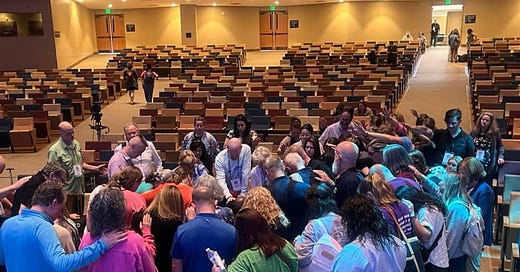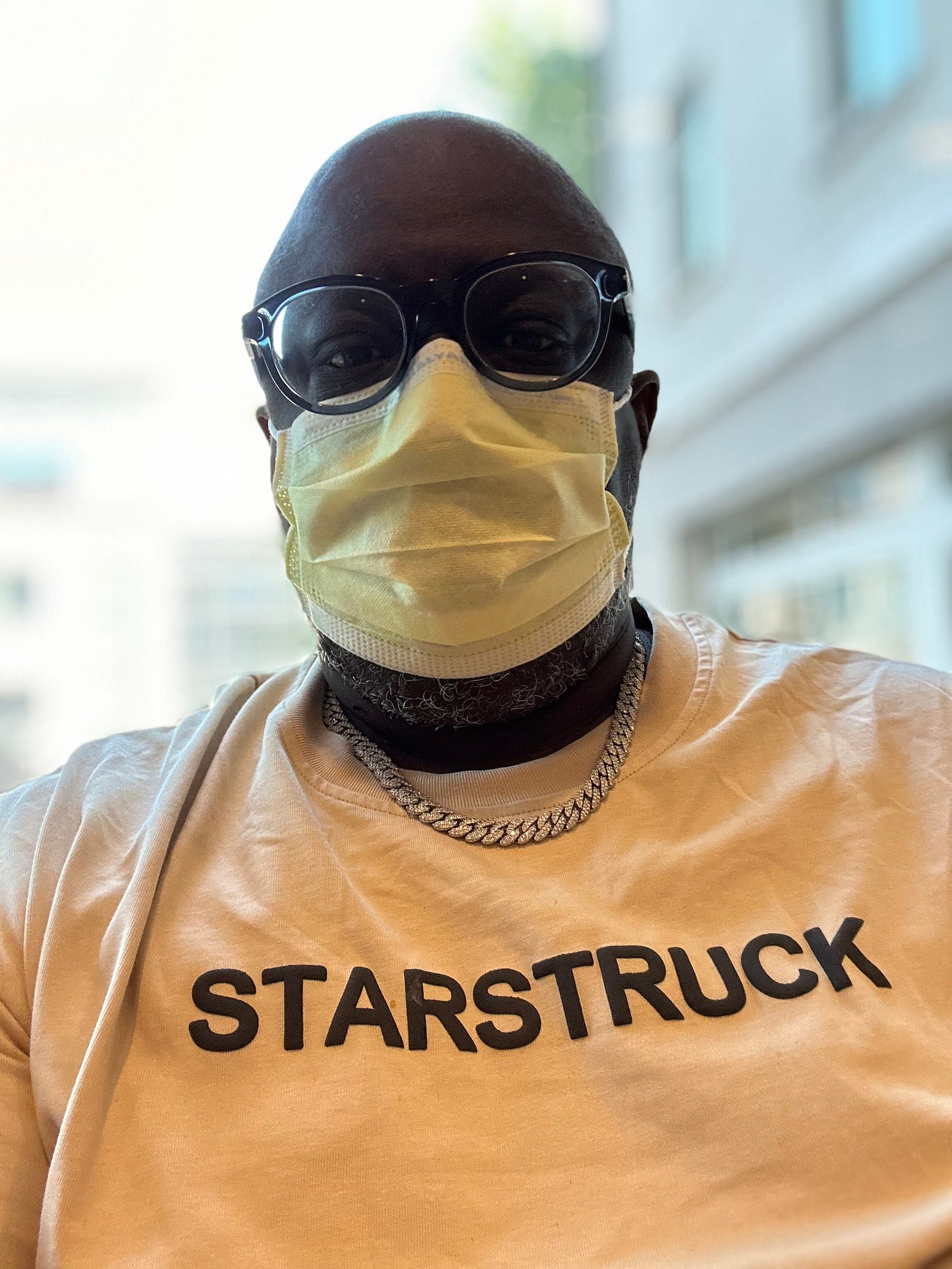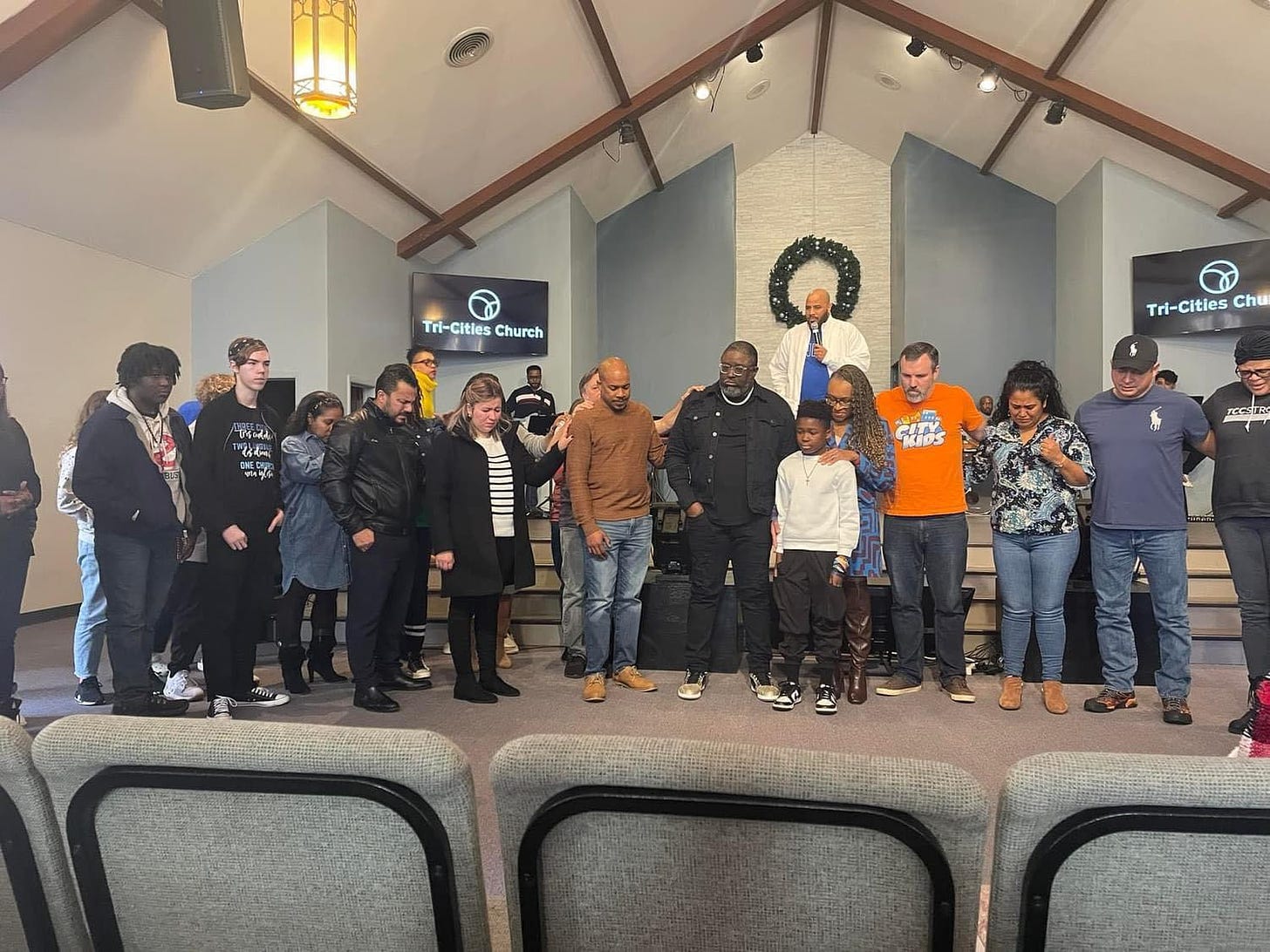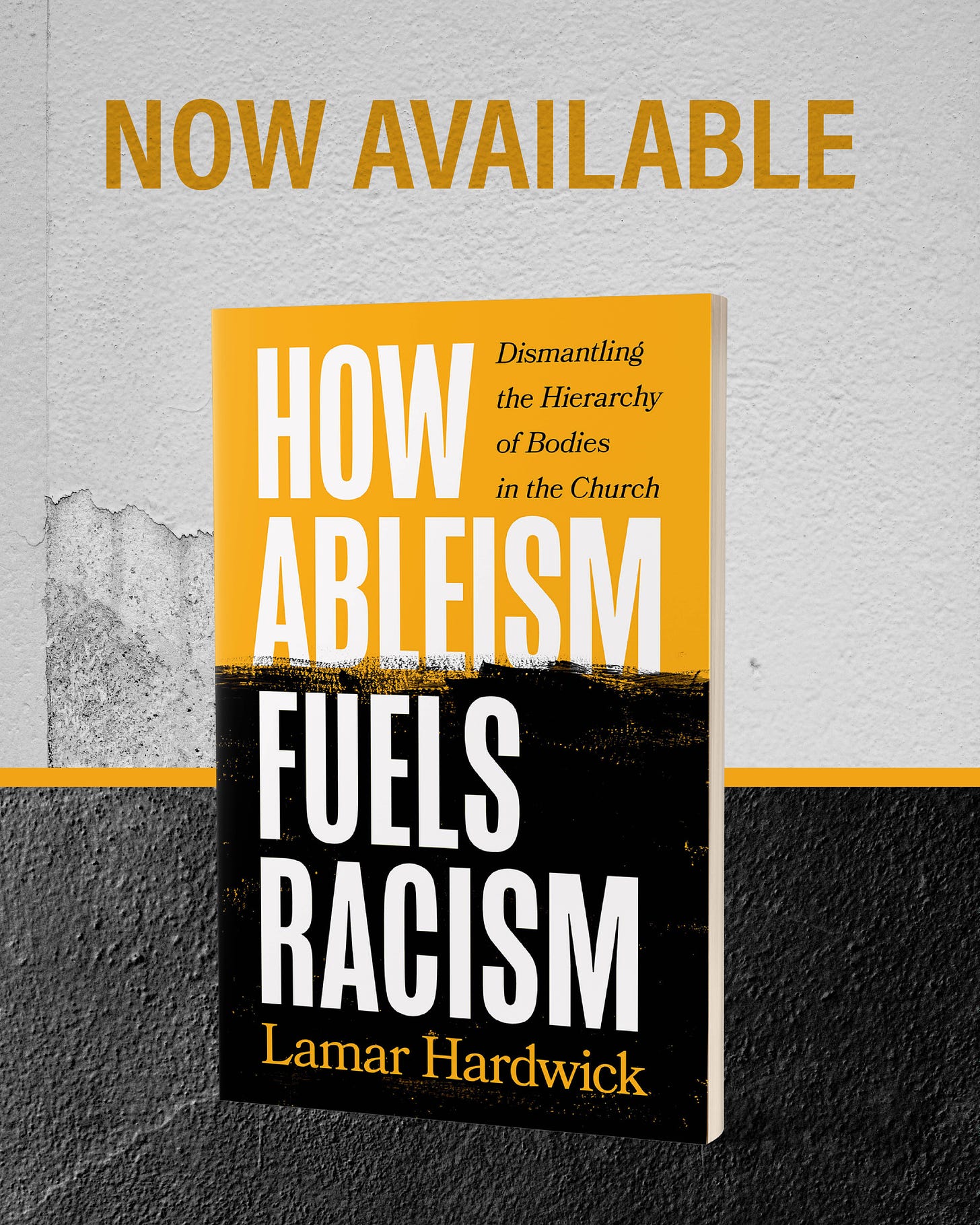When I was first told that I had cancer, it felt like I had been plucked up out of my semi-perfect life and dropped down in the middle of a valley filled with frustration, doubt, and uncertainty. It felt a lot like being asked to live out the rest of my days with one foot in the grave. I had forged a successful path in life and ministry and most of the success was built on a foundation of knowing. I knew how to pastor. I knew how to be married because I knew all the right verses and formulas to follow according to our faith tradition.
I knew how to preach and teach and influence others to gather as much knowledge and as much certainty that they could about the Bible, faith, and theology because knowing wasn’t just half the battle, knowing was the battle. Except cancer doesn’t care what you know. Suffering, disability, and chronic illness smirk in the face of our claims that knowledge provides a form of certainty and power over the trials of life. It felt as though I had been dropped into the middle of a graveyard full of withering grass and worn-down gravel roads that led straight to the impending death of not just my body, but my entire belief system.
Have you ever felt that way? Has it ever seemed that God, who claims to have unlimited power, just sits by and watches tragedy after tragedy happen and does absolutely nothing about it? I certainly felt that way when I found out that I had cancer the second time. I had completed all the treatments. I listened to my doctors. I had the surgery, and after only a year of remission, the cancer came back.
“God, why are you watching my world burn to the ground and you’re not even attempting to protect me from this pain and suffering?”
When you get diagnosed with something as serious and sensitive as cancer, you sort of lose all the agency you once had over your body and your life, and its usually in that moment that you truly recognize the need to trust others, starting with learning to trust God completely.
In the previous posts we learned from the parable of the wheat and weeds that God is aware of our suffering and that unlike us, God is not alarmed by our circumstances.
Simply put, God is not surprised, and God is not shaken and that’s good news. But we also learn another important lesson about faith in the parable and that is God has authority over our circumstances.
Let’s look at the parable again:
“The Kingdom of Heaven is like a farmer who planted good seed in his field. 25 But that night as the workers slept, his enemy came and planted weeds among the wheat, then slipped away. 26 When the crop began to grow and produce grain, the weeds also grew.
27 “The farmer’s workers went to him and said, ‘Sir, the field where you planted that good seed is full of weeds! Where did they come from?’
28 “‘An enemy has done this!’ the farmer exclaimed. “ ‘Should we pull out the weeds?’ they asked.29 “‘No,’ he replied, ‘you’ll uproot the wheat if you do. 30 Let both grow together until the harvest. Then I will tell the harvesters to sort out the weeds, tie them into bundles, and burn them, and to put the wheat in the barn.’”
What’s important to notice is this story is that the farmer took charge of the situation because he had a plan for the wheat. While the workers were panicking, the field owner was planning.
Despite what it may feel like when your experiencing suffering, God does have a plan for you.
So how do we learn to surrender to God’s plan in the midst ofour pain and suffering? How do we remind ourselves that despite our anger and anxiety, God really does have authority over our circumstances?
I think we learn how and when to let others in.
In the story of the wheat and weeds, the farmer tells the workers to let the wheat and weeds grow together and when the time comes to harvest the wheat, he will tell the harvesters to sort things out.
While the workers were able to identify the problem, the harvesters were called in to assist with the problem. This suggest to us that there are times when we need others to help us navigate our season of suffering.
Often the best way to recognize that God has authority, and that God has a plan for your life even when you’re suffering, is to recognize that God doesn’t expect you to have all the answers and God doesn’t expect you to handle your problems alone.
While there may be times when you need to spend time with God alone, I’ve learned that there are times when our need for prayer transcends our need for privacy. Sometimes trusting God’s plan for you means allowing others in so that they can pray for you.
Check out my new podcast!









There is no equivalence with suffering since everyone's situation is authentic and unique. These articles have brought perspective to my struggles over the past 18 months dealing with spinal stenosis resulting in back pain and numbness/tingling/weakness in my legs/feet. Add to this caring for my 88 year old father, who has a manageable form of dementia, in his home. I am also his only child. Hiring a couple of caregivers has certainly been beneficial.
We don't want to talk a lot about what we're going through because it may appear self-serving or even undesirable by people who seemingly only and always want to hear "good news."
As a longtime pastor (42 years), I've always had empathy and been there for people dealing with challenges. Now that I have some challenges, I am comforted by the reality that God is as close to me as all the people I've ever cared about!